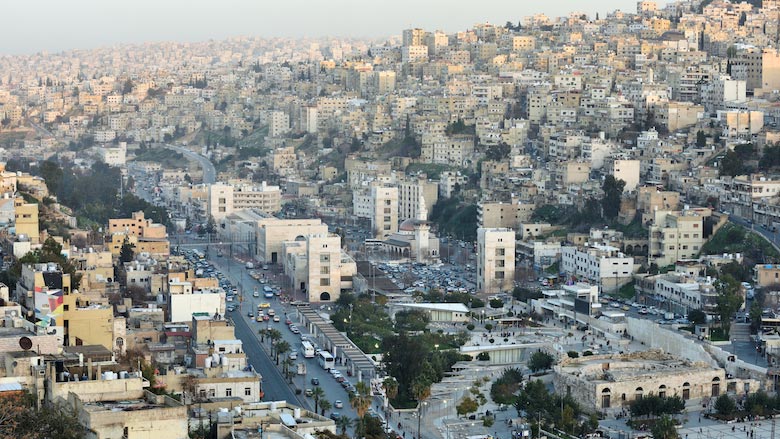Jordan has done well at minimizing the health impact of the COVID-19 crisis through strict enforcement of non-pharmaceutical Interventions. However, domestic lockdowns, the global economic slowdown, trade disruptions and suspension of international travel is likely to have a sizable impact on its economy. Consequently, poverty is expected to increase in the short run by 11 percentage points. The speed of economic recovery in the medium term depends, in large part, on the pandemic’s evolution and accomplishment of aspired domestic reforms.
Economic activity decelerated during Q1-2020. Jordan’s real GDP growth slowed down to 1.3% in Q1-2020 compared to 2.0% in Q1-2019. Growth on the supply side was driven by the services sector, while industry and agriculture sectors’ contribution remained nominal. Headline inflation remains muted. CPI inflation during 8M-2020 stood at 0.5%, largely reflecting substantial softening in global oil prices, while this impact is somewhat contained by a recent surge in food prices.
Over the medium-term, growth is projected to remain on a low plateau unless Jordan's deep structural issues and economic challenges are addressed quickly and comprehensively. Key challenges to Jordan’s outlook include a prolonged decline in economic activity due to domestic lockdowns, which could further escalate already high unemployment levels.
